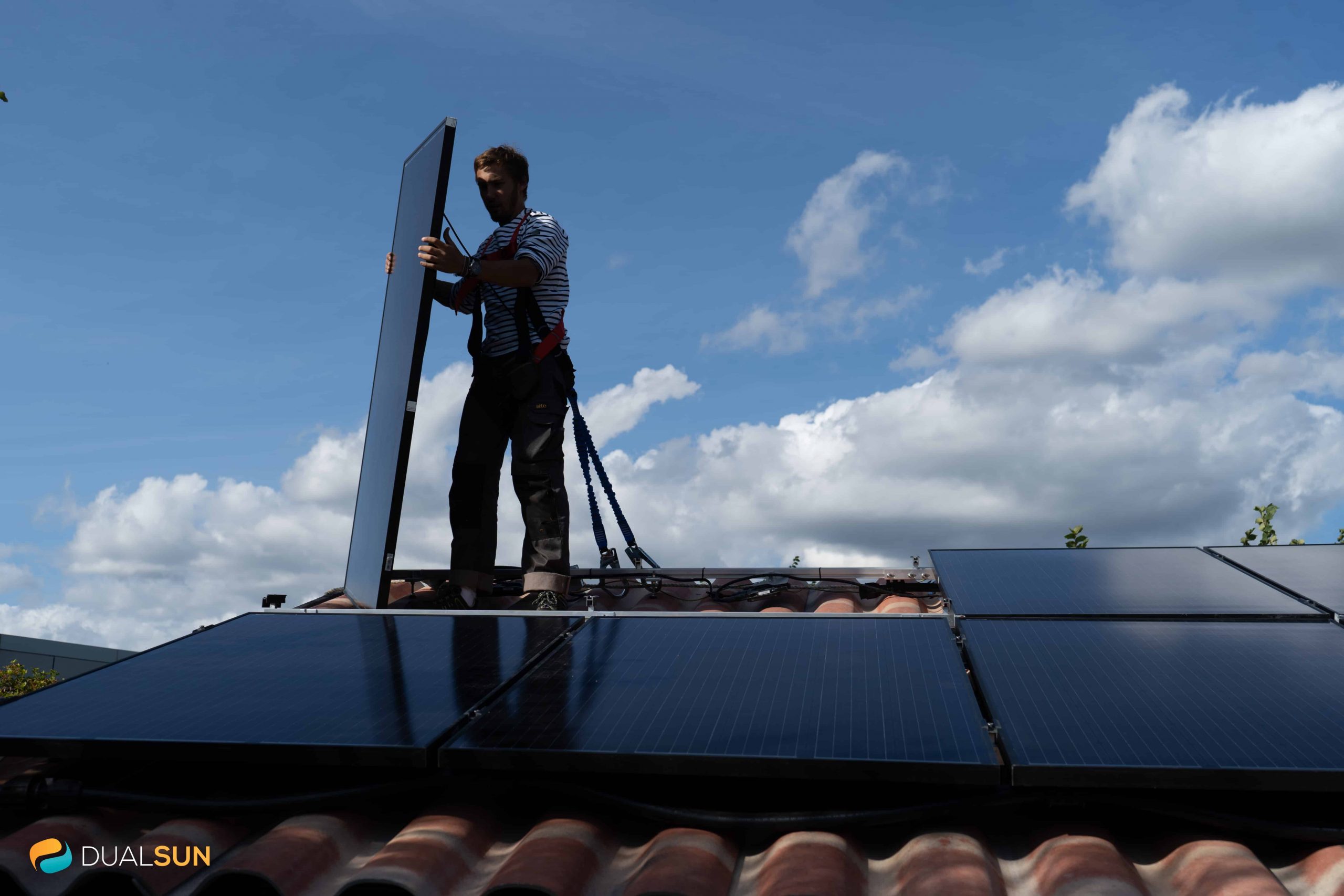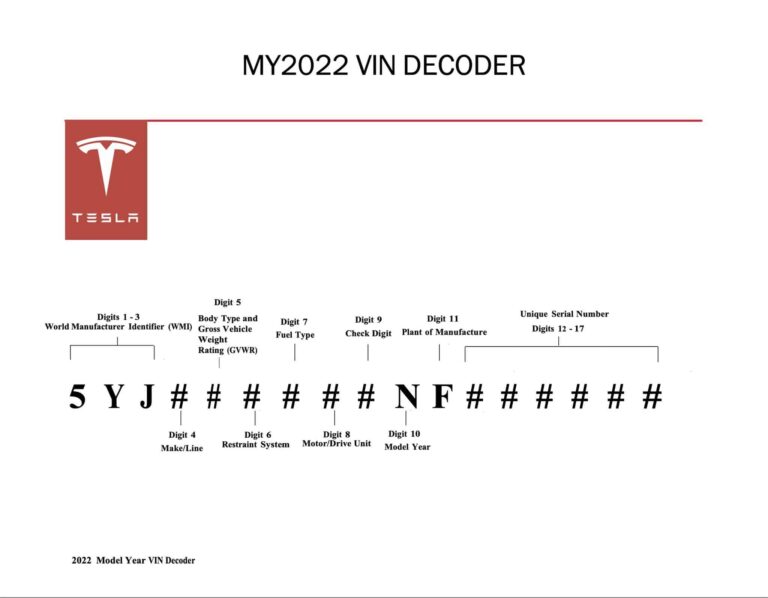Why not buy a battery with its solar panels?
The solar sector in France is experiencing real success with 2,687 MW connected in 2021 and electricity production of 14.3 TWh, up 12.6% compared to 2020. According to ADEME and Cerema, the potential unexploited in France is enormous with more than 1,100 GW.
In domestic use, to maximize savings and move towards energy autonomy, the use of a solar panel battery is strongly recommended. However, adding a battery to store the energy produced by the solar panels can represent a considerable additional cost.
In this article, we’ll explore the pros and cons of installing a solar battery to complement solar panels, as well as the features to consider when purchasing a battery.
Do you want to install solar panels at the best price?
The benefits of installing a solar battery
One of the main reasons solar owners add a battery is to maximize their use of the energy produced. When the sun shines, the solar panels produceelectricity that can be used immediately or stored in the battery for later use. This allows to not having to use electricity from the national grid when solar panels are not able to produce enough energy, for example at night or on cloudy days. According to experts, installing a solar battery can allow you to achieve up to 80% self-consumption.
The disadvantages of installing a solar battery
Despite the benefits mentioned above, installing a solar battery also has disadvantages to consider. First of all, it represents a considerable additional cost, between 3,000 and 6,000 euros. Furthermore, battery life is limited in time, on average 10 to 15 years, it is necessary to replace it after this period. This maintenance cost and replacement forecasts must therefore be taken into account in the overall budget of the installation.
Features to consider when purchasing a solar battery
Ability
Battery capacity is expressed in kilowatt hours (kWh) and determines how much energy the battery can store. It is important to choose the storage capacity of your battery according to your energy needs. On average, a household battery has a capacity of 7 to 10 kWhwhich can provide approximately one day of electricity for one average household consuming 9.6 kWh per day.
Discharge rate
The discharge rate determines how much energy you can use from the battery before it needs to be recharged. It is expressed as a percentage, and a discharge rate of 80% is generally considered optimal for daily use.
Lifetime
The lifespan of a solar battery is typically 10 to 15 years, so it’s important to consider this long-term maintenance cost when purchasing a battery.
Deep discharge rate
It is important to check the deep discharge rate of the battery, it defines the maximum discharge percentage of the battery before it is damaged. A deep discharge rate of 50% is generally considered a good choice.
Guarantee
Checking the warranty duration and conditions provided by the manufacturer is crucial.
Financial aid for the installation of a solar battery
As previously said, purchasing batteries in addition to solar panels is a cost that should not be taken lightly. Fortunately, there are different options for obtaining financial assistance for installing a solar battery.
Homeowners who install solar batteries can receive a tax credit for qualifying equipment expenses, up to 30% of expenses incurred.
Owners who carry out energy improvement work can benefit from a bonus from the National Housing Agency (ANAH) to cover apart of the installation costs.
There are zero interest loans for individuals who wish to install renewable energy production equipment, including solar batteries.
- Self-consumption bonuses
There are bonuses for individuals who wish to consume the energy they produce themselves, these bonuses are often granted by local authorities to encourage self-consumption.
It is important to check the conditions and eligibility criteria for these different financial aids before embarking on the installation of a solar battery. It is also interesting to note that the resale of electricity produced by your solar panels can also allow you to recover part of the installation costs.
Take the time to carefully study all the available options and integrate them into the profitability calculation of your project before making a decision. Note that financial aid may vary by region and communitycheck with local authorities to see what options are available in your area.
Alternatives to storage batteries
There are alternatives to batteries for storing electricity produced by solar panels in homes.
- The smart grid system
These are connected networks that can quickly detect where electricity is needed and send it there in real time. This technology is associated with that of 5G and also makes it possible to optimize storage according to weather forecasts.
- Virtual storage (virtual battery)
Virtual storage is an alternative to batteries for storing the electricity produced. It allows electricity produced, but not consumed, to be set aside for use later. The storage is virtual, meaning excess electricity is fed into the grid and used by other people. So when you need energy, you can use the equivalent of what you produced earlier for free.
In conclusion, installing a solar battery allows you to store the energy produced by your solar panels and use it when you want, even when the weather does not allow optimal production.
However, this represents an additional investment on an already expensive installation and it is therefore important to fully understand the usefulness of this option before getting started. It is also important to consider the different financial assistance available to reduce costs and explore the different electricity resale options to maximize savings.






